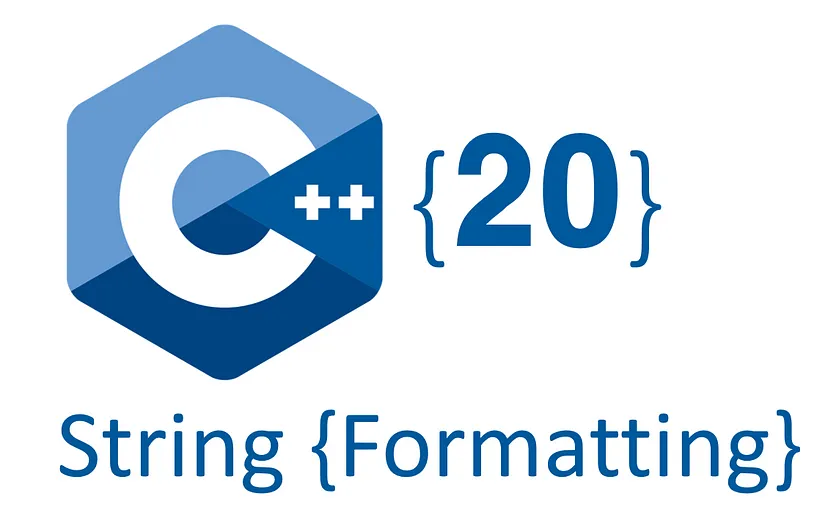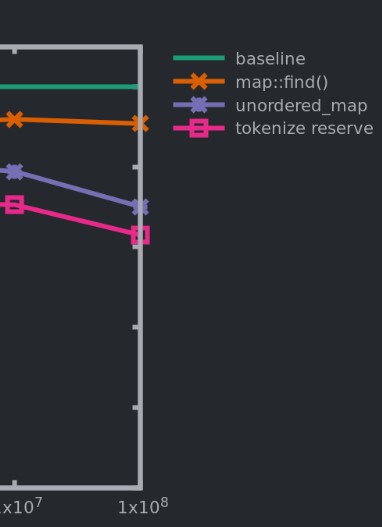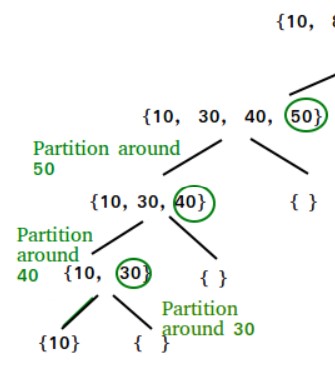Modern C++ In-Depth — Literal Operators and User-Defined Literals
Literals
Modern C++ In-Depth — Literal Operators and User-Defined Literals
by Michael Kristofik
From the article
In this installment, we’re going to take a look at user-defined literals. First introduced in C++11, this feature allows developers to create custom suffixes that can be used to reduce verbosity.

 The first three parts are live:
The first three parts are live: Part the third:
Part the third: Revisiting a classical programming puzzle in next generation C++:
Revisiting a classical programming puzzle in next generation C++: Less (memory access) is more (speed):
Less (memory access) is more (speed):
 A C++ story, as-if ghostwritten by Frederick Forsyth...
A C++ story, as-if ghostwritten by Frederick Forsyth...